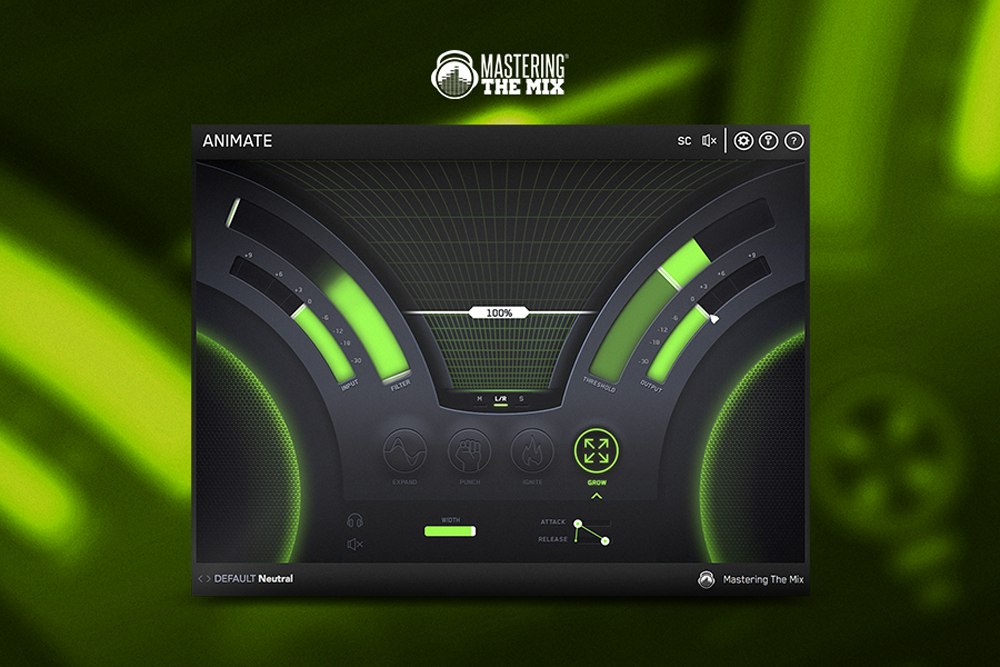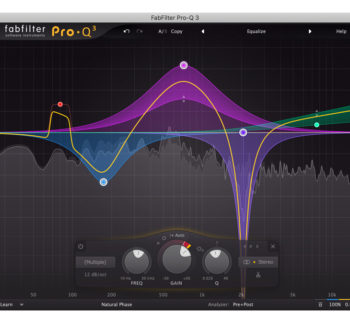Working at a pizza place making $7 an hour is insulting to many musicians. It can be your reality, though. When I met with a recent client that was the scenario. As a career coach, the first question I always ask is “What have you been up to?” He told me he had been touring for three years as a drummer with a band. Just from that short conversation, his level of passion and energy, I knew that he was worth so much more than $7 an hour, which is below minimum wage (and therefore…illegal).
I made a friendly bet with him: “If I fix your resume and you find work in the next few days, you owe me Starbucks.” We made a deal. We revamped the whole thing: adding photos, deleting irrelevant experiences, and creating more meaningful sections. Within two days he found employment in the industry, I got my Starbucks, and the rest is history. These scenarios happen all the time because as musicians we love playing our instruments; fixing paperwork, however, can be a drag. Here are some tips for newbies on how to impress a prospective employer in the industry.
1. Be specific:
Resumes that are vague, in every section (objective, skills, experience, education), will not get any traction.
2. Add some numbers:
If you have played over 300 shows in a year, or designed more than 50 flyers in six months, mention these numbers on your resume.
3. Get feedback:
A resume has a format; the design can vary but the outline and the format are very important to follow.
4. Add online links:
Performers should add online links to their music––the BEST songs. For example, an employer or booking agent does not want to see you playing guitar in your bedroom: select your links carefully.
5. Passion:
Even if a resume is a piece of paper the passion, experience and skills need to speak for themselves.
6. Scatterbrain:
If you have experience in music and other fields, consider splitting your resume into two or three separate resumes. Employers are not necessarily interested in jobs you’ve had that are not music related.
7. Transferable skills:
On the other hand, if you have skills that can be used on a music resume from another field (the restaurant business or the army), consider adding those. These can be skills such as: “team player, marketing, customer service” depending on the gig.
8. Typos:
If your resume has great content but you have typos all over it, you will make a very poor impression. Check for typos or hand it over to someone else to look for typos too. A fresh set of eyes can make all the difference!
9. Templates:
Check out the various resume templates at, for example, Canva.com. There are so many templates to choose from. The sky’s the limit. Yes, you can add some color and design but don’t get carried away.
10. Choose a professional font:
Times New Roman or Calibri are standard. Refrain from using fonts such as Comic Sans unless you want to work in a circus.
11. Objective or no objective:
If you add an “Objective” section to your resume you will have to change and tailor it to every job you apply to, unless you keep it very vague: so be careful when adding an objective section.
12. One size does Not fit all:
Every job requires a specific set of skills. Making sure your resume reflects what the employer is looking for is essential. Even in the music industry you might need to have several different resumes reflecting what you are looking for: an audio engineer’s resume is different from a guitarist’s resume. The more detailed you are, the better.
13. Add a title:
Since many musicians do more than one thing in music, consider giving yourself a title such as “Music business specialist/Keyboardist.”
14. Action verbs:
A major part of designing the “Experience” section is using action verbs to describe every experience. Beware of redundancy––do not use “performed” or “assisted” multiple times. Do explore synonyms.
15. No pronouns:
A resume is a marketing tool and a listing; pronouns can be used in the cover letter.
16. Do not lie:
Anything you write on your resume can be questioned in an interview.
17. Photo/Video links:
If your skills are on the performance end of things, include audio, video links and photos. Producers and band managers will appreciate being able to see what you are capable of at a click of a button.
18. “References Available Upon Request”:
This common line at the end of the resume can be omitted. However, if you have some amazing references (very well connected or famous) add their names directly to this section. It will make your resume stand out.
19. Apply fast:
The music industry moves at an incredibly fast pace. If you apply to an opportunity 13 days after it’s been posted, chanced are they’ve already found someone.
20. Catch the eye:
Picture the employer/band director receiving 50 resumes and yours happens to be in color. Who is standing out?
21. Update:
Your resume won’t update itself. When you complete an entry-level job or internship take a moment to add that as one of your accomplishments.
22. Giant blocks of text:
Poorly put together resumes often have giant blocks of text in every section, and that will be a turnoff. An employer will only take the time to go through properly formatted resumes.
23. Details:
Passion comes across on a resume through the intricacies and the details. For example, if you have completed a specific vocal workshop on the other end of the country, or you participated in a Drum Corps Festival in high school, that’s noteworthy. The passion always comes through in the detail: be interesting.
There are so many more tips and tricks. If you are looking for work in the industry, get started on your resume early and FOCUS on getting music-related experiences at the beginning of your career. The world is your oyster!
LENA TUFENKJIAN is a musician, career coach and CEO of Dream Music Studios (dreammusicstudios.com). She is also the Career Development Coordinator at Musicians Institute in Hollywood, CA. She can be reached at lena1121@sbcglobal.net. She enjoys brownie frappuccinos with shots of raspberry decaf from Starbucks.














